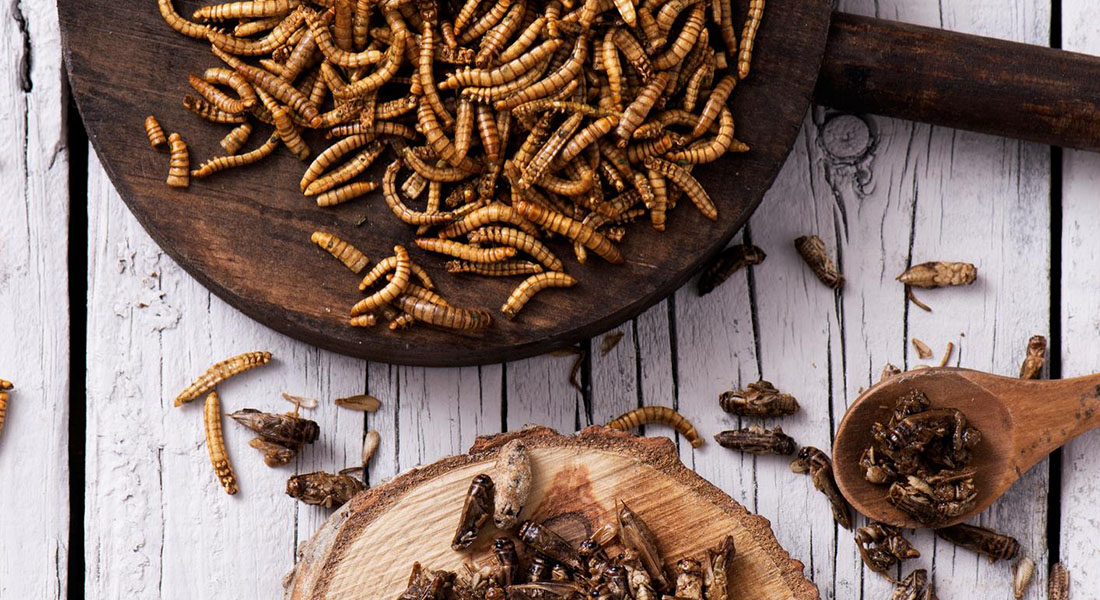PhD defence: The potential of edible insects as meat replacements in the daily Danish diet

Cassandra Maya
PhD thesis
The environmental challenges facing our planet have increased the need for sustainable dietary shifts. One solution is reducing meat consumption, given its ecological footprint. Edible insects are a potential alternative, boasting a protein profile comparable to traditional meats. However, the transition to insects is not solely about their nutritional advantages; it's deeply intertwined with societal and cultural perspectives on food. Across many cultures, meat consumption is deeply ingrained in tradition. To genuinely consider insects as an alternative protein source, there is a need to overcome barriers such as disgust and neophobia.
Our studies sought to evaluate the viability of edible insects as a daily substitute for meat in the Danish diet. Both online and in-person classroom interventions were conducted, wherein schoolchildren were introduced to insect-based dishes. Results showed that after being informed and tasting these alternatives, a significant number of children began to associate the concept of sustainability with a willingness to consume insects.
A more in-depth intervention involved families - both adults and children - replacing traditional meat with either insect-based or plant-based dinners in their weekly meals. Although there was a noticeable reduction in meat consumption, the intended target of a 20% replacement was not achieved. It is worth noting that the plant-based alternatives seemed to be more acceptable than the insect-based options. One dominant factor hindering the switch to insects appeared to be a strong attachment to meat. Yet, there are positive indications for the future of edible insects.
To integrate edible insects successfully into Western diets, a dual focus is essential: improve the quality and presentation of insect-based products and enhance consumer education. Utilizing insects in familiar recipes might ease the transition, making their presence less overt.
In summary, while there are evident obstacles to mainstreaming insects in our diets, a combination of improved product development and understanding consumer behavior can make them a sustainable dietary option.
2023, 131 pages.
Time
15 December 2023, 13:00
Place
Festauditoriet, Bülowsvej 17, 1870 Frederiksberg.
Opponents
Professor Anne Raben (chair), Department of Nutrition, Exercise and Sports, University of Copenhagen, Denmark.
Professor Klaus Grunnert, Department of Management, School of Business and Social Sciences, Aarhus University, Denmark.
Oliver Schlüter, (1) Adjunct Professor, (2) Spokesman Healthy Foods,
(1) Department of Agricultural and Food Sciences, University of Bologna, Italy.
(2) Department of System Process Engineering, Leibniz Institute for Agricultural Engineering and Bioeconomy (ATB), Germany.
Main supervisor
Associate Professor Nanna Roos, Department of Nutrition, Exercise, and Sports, Faculty of Science, University of Copenhagen, Denmark.
The thesis is available for inspection at the library, Nørre Allé 51, DK-2200 Copenhagen N.
